Cloud computing has revolutionised the way businesses operate, including how they manage their tax obligations. For businesses in the UK, leveraging cloud computing can simplify tax management, improve accuracy, and ensure compliance with HMRC regulations. In this guide, we will delve into what cloud computing is, how it applies to business tax, and why it is a beneficial tool for companies. We will also provide some external resources and links to cloud services that can aid in this process.
What is Cloud Computing?
Cloud computing refers to the delivery of computing services—such as servers, storage, databases, networking, software, and analytics—over the internet (“the cloud”). Companies can access these services on demand, without owning and maintaining physical infrastructure. This model offers flexibility, scalability, and cost-efficiency, making it an attractive option for businesses of all sizes.
Benefits of Cloud Computing for Business Tax Management
1. Real-Time Access and Collaboration
One of the primary benefits of cloud computing is real-time access to data. This feature is particularly useful for tax management, as it allows business owners and their accountants to access and update financial records from anywhere, at any time. Cloud-based accounting software, such as Xero or QuickBooks, enables seamless collaboration between team members and advisors.
2. Automation of Tax Processes
Cloud computing facilitates the automation of various tax processes, reducing the likelihood of human error and ensuring that deadlines are met. For instance, cloud-based accounting platforms can automatically calculate VAT, generate tax reports, and file returns with HMRC. This automation not only saves time but also enhances accuracy and compliance.
3. Cost Efficiency
By adopting cloud computing, businesses can reduce their IT expenditure. There is no need for expensive hardware, software licences, or ongoing maintenance costs. Instead, companies pay for what they use, which can be particularly advantageous for small businesses and startups.
4. Enhanced Security
Security is a major concern for businesses handling sensitive financial data. Cloud service providers invest heavily in robust security measures, including encryption, firewalls, and multi-factor authentication. These measures help protect data from unauthorised access and cyber threats.
5. Scalability
As businesses grow, their accounting and tax needs become more complex. Cloud computing offers scalability, allowing companies to easily upgrade their services and storage capacity as needed without significant additional costs.
How Cloud Computing Applies to Business Tax in the UK
In the UK, HMRC has embraced digital transformation through initiatives like Making Tax Digital (MTD). MTD requires businesses to keep digital records and submit VAT returns using compatible software. Cloud computing plays a crucial role in this transition by providing the necessary infrastructure and tools to comply with MTD requirements.
1. Digital Record Keeping
Cloud-based accounting software helps businesses maintain digital records in a compliant manner. These platforms automatically update and store records, ensuring that data is accurate and up-to-date. Examples of MTD-compatible software include Sage Business Cloud Accounting and FreeAgent.
2. VAT Submission
With cloud computing, submitting VAT returns becomes a straightforward process. MTD-compatible software allows businesses to file their returns directly with HMRC, reducing the administrative burden and risk of errors. Companies like Adroit Consulting Group can help businesses select and implement the right software for their needs.
3. Compliance Monitoring
Staying compliant with tax regulations can be challenging. Cloud accounting software includes features that monitor compliance and alert users to potential issues. This proactive approach helps businesses avoid penalties and ensure they meet all HMRC requirements.
Cloud Services Resources
Here are some resources and cloud services that can assist with business tax management in the UK:
- Xero: A popular cloud-based accounting software that offers a wide range of features for small to medium-sized businesses.
- QuickBooks Online: A comprehensive accounting solution that includes tools for VAT calculation and submission.
- Sage Business Cloud Accounting: Provides digital record keeping and compliance features suitable for MTD.
- FreeAgent: An easy-to-use accounting software designed for freelancers and small businesses, fully compliant with MTD.
Call to Action: Streamline Your Tax Management Today!
Are you ready to simplify your business tax management? Contact Adroit Consulting Group today for a free consultation. Our experts can guide you through the process of adopting cloud computing solutions tailored to your business needs.
Choosing the Right Cloud Solution
Selecting the right cloud accounting software is crucial. Businesses need to consider factors such as ease of use, cost, features, and support. Here are some tips to help you make the right choice:
- Identify Your Needs: Determine what features are essential for your business. Do you need invoicing, payroll, expense tracking, or detailed financial reporting?
- Evaluate Costs: Compare the costs of different solutions. Consider subscription fees, any additional charges, and the potential savings from automation.
- Check Compatibility: Ensure the software is compatible with HMRC’s MTD requirements and can integrate with other tools you use.
- Test User Experience: Look for a solution that offers a user-friendly interface. Many providers offer free trials, so take advantage of these to see how the software works in practice.
- Review Support Options: Choose a provider that offers reliable customer support. You may need assistance during setup or when troubleshooting issues.
Overcoming Challenges with Cloud Computing
While cloud computing offers many benefits, businesses may face challenges during adoption. Common issues include data migration, staff training, and ensuring data security. Here’s how to address these challenges:
- Data Migration: Plan your data migration carefully. Many cloud providers offer migration tools and support to make the transition smoother.
- Staff Training: Provide training to your team to ensure they are comfortable using the new software. Most providers offer tutorials, webinars, and customer support to help with this.
- Data Security: While cloud providers invest in security, businesses must also implement best practices. This includes using strong passwords, enabling multi-factor authentication, and regularly reviewing access permissions.
Real-World Applications and Success Stories
Numerous businesses have successfully adopted cloud computing for their tax management. For example, a small retail company in London transitioned to cloud-based accounting software, which streamlined their VAT submission process and reduced errors. This transition saved them time and money, allowing them to focus more on growing their business.
Another success story involves a freelance consultant who used cloud computing to keep track of expenses, invoices, and tax submissions. The automation and real-time access to financial data significantly improved their financial planning and compliance.
Conclusion: Embrace the Future of Tax Management
Cloud computing offers a transformative approach to business tax management in the UK. It provides real-time access, automation, cost efficiency, enhanced security, and scalability. By leveraging cloud-based solutions, businesses can ensure compliance with HMRC regulations, reduce administrative burdens, and focus on growth.
If you’re ready to take the leap into cloud computing, contact Adroit Consulting Group today. Our team of experts can help you navigate the options and implement the best solution for your business. Don’t wait—streamline your tax management and embrace the future today.
Book your free consultation now by clicking here.

